Publications
Articles, publications, books, tools and multimedia features from the U.S. Institute of Peace provide the latest news, analysis, research findings, practitioner guides and reports, all related to the conflict zones and issues that are at the center of the Institute’s work to prevent and reduce violent conflict.
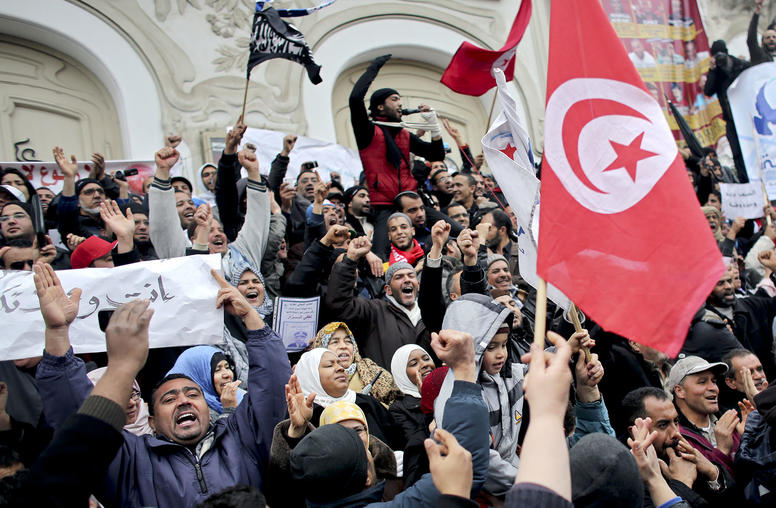
Tunisia’s transition has unfinished business. Can Ennahda lead the way?
Fresh off a busy election season, Prime Minister-designate Habib Jemli is in the process of forming Tunisia’s next government. That government will have the daunting task of addressing Tunisians’ deep disenchantment with the political class and its failures to live up to the promise of the 2010-2011 uprising that led to the overthrow of longtime dictator Zine El Abidine Ben Ali. “The big problems confronting Tunisians have not been given enough importance” from the country’s political parties, said Abdelfattah Mourou, the first presidential candidate of the Ennahda party, during an interview at USIP.
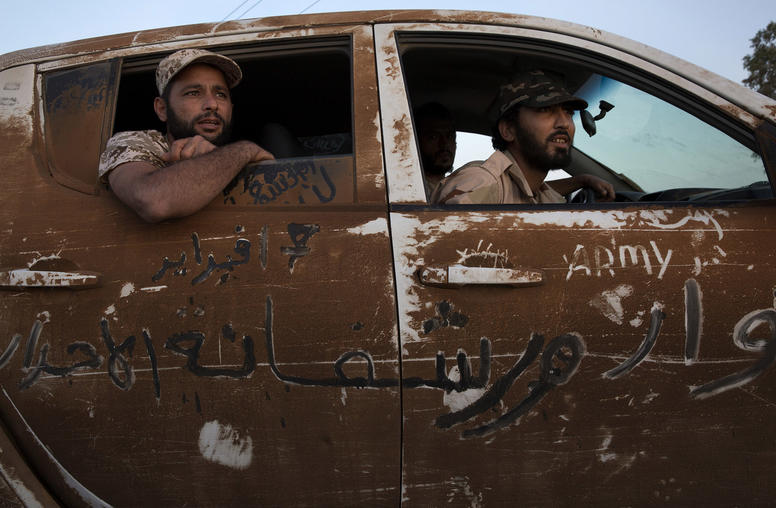
In Libya, Peace is Possible if Foreign Interference Ends
If foreign powers ceased their involvement in Libya, the country’s protracted civil war could come quickly to an end, said Mohamed Syala, the foreign minister of the Government of National (GNA), in an interview with the U.S. Institute of Peace. The role of outside powers in Libya’s conflict has garnered renewed international attention in recent weeks as Russia has ramped up its support for Field Marshall Khalifa Haftar’s forces.
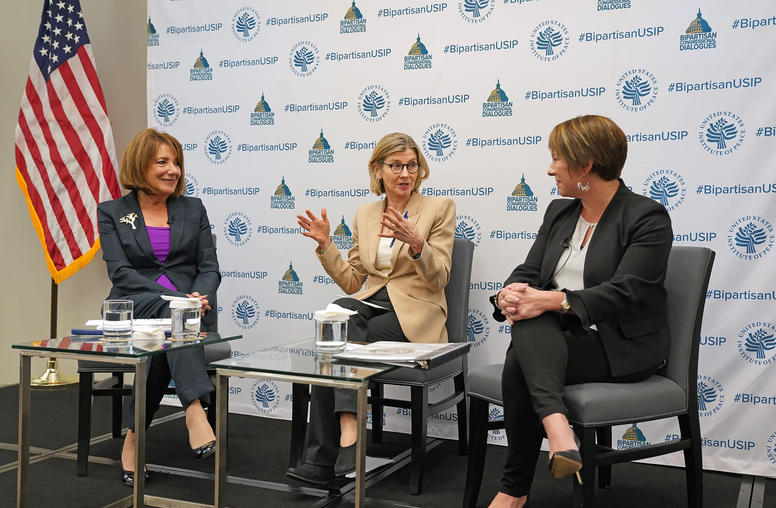
To Protect Afghan Women’s Rights, U.S. Must Remain Engaged
It’s been over a year since the U.S., led by Amb. Zalmay Khalilzad, opened talks with the Taliban aimed at ending the 18-year war. Over that year, Afghan women have demanded a seat at the negotiating table, worried that the hard-won gains made over the last two decades could be in jeopardy. Even with the peace process stalled, “it is vital that the U.S. remain engaged” to ensure that Afghan women’s rights are protected, said Rep. Martha Roby (R-AL) last week at the U.S. Institute of Peace’s latest Bipartisan Congressional Dialogue.
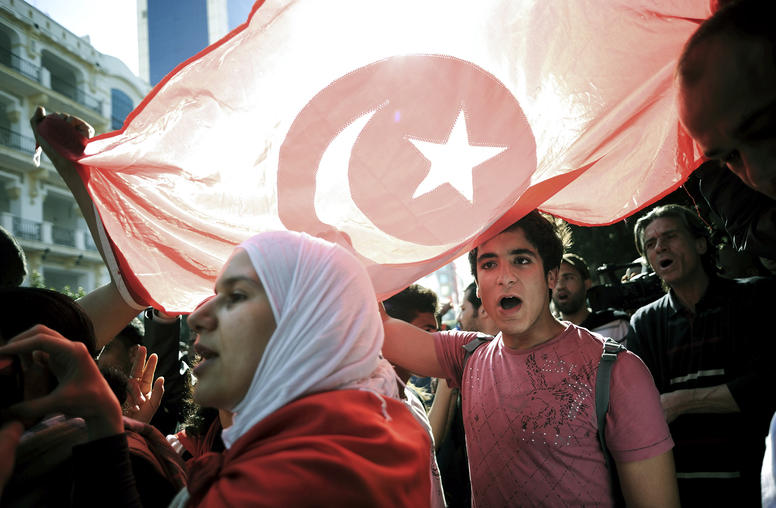
Tunisians Show Support for Democracy, Disillusionment with Ruling Elite
The surprise results of Tunisia’s first-round presidential election gave a clear message to the country’s political establishment: Tunisians want change and they want it now. Neither of the two winning candidates set to face off in the second round have ever held political office nor are affiliated with the political parties that have led Tunisia’s transition. Many of the issues that sparked the uprising eight years ago—like corruption and unemployment—continue to bedevil the North African nation. Yet the first-round vote demonstrates that Tunisians aren’t willing to give up on democracy and want new leaders.
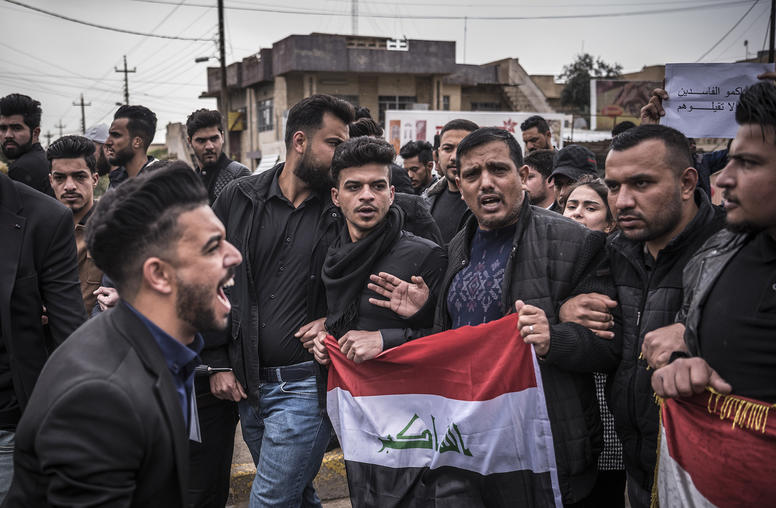
Iraq’s Democratic Imperative: Getting Provincial Elections Right
Iraq’s landmark 2018 national elections—the first since the military defeat of ISIS—presented an opportunity for a much-needed course correction for the country’s sclerotic political process. Unfortunately, that opportunity was not seized properly. The vote was marred by claims of widespread fraud, low voter turnout, a delayed results announcement and a protracted government formation process.
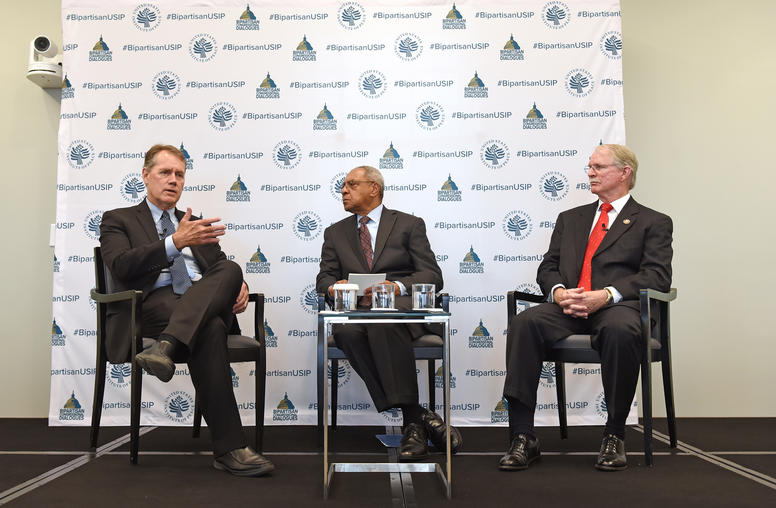
As China Projects Power in the Indo-Pacific, How Should the U.S. Respond?
There is a growing bipartisan consensus in Washington that China’s ascendance is a major strategic concern for U.S. and international security and stability. This is reflected in the 2017 U.S. National Security Strategy, which recalibrates U.S. foreign policy to address the challenges posed to American power and interests from escalating geopolitical competition with China and Russia. After a recent trip to the Indo-Pacific region, Rep. Ed Case (D-HI) and Rep. John Rutherford (R-FL) said they came away alarmed at how China is tightening its grip on U.S. allies across the region. What can the U.S. do to address China’s power projection and coercion in the Indo-Pacific and beyond?
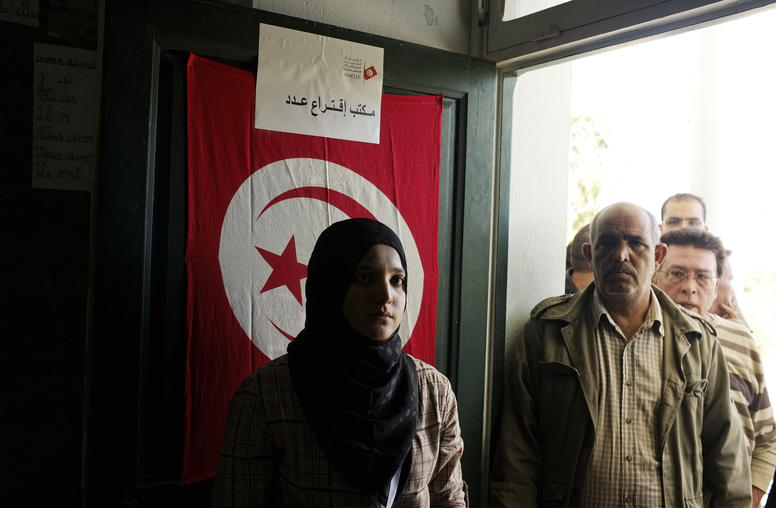
Amid North Africa’s Turmoil, Tunisia’s Steady Transition Moves Forward
From Algeria to Libya to Sudan, North Africa has been roiled by protests and fighting in recent months not seen since the 2011 Arab uprisings. Those uprisings were sparked in Tunisia, which has continued a steady, if uneven, democratic transition in the years since. Despite the challenges posed by this regional turmoil, the small Mediterranean nation must continue to focus on domestic problems, said Tunisia’s defense minister, Abdelkarim Zbidi, this week at the U.S. Institute of Peace. What happens in Tunisia in the years to come will be important for the entire region.
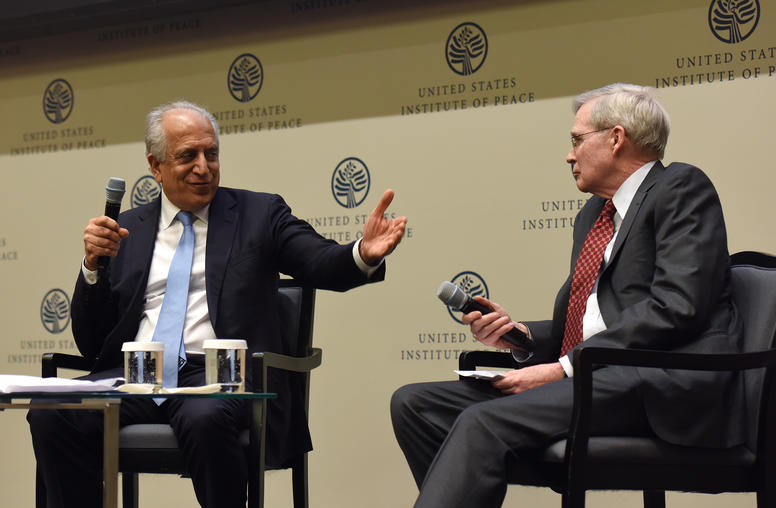
Progress in Taliban Talks, But ‘Long Way to Go’, says U.S. Envoy
Amid a series of positive developments in the Afghan peace process over the last year, a framework for negotiations reached between the U.S. and Taliban has renewed hope that the 17 year-old Afghan conflict could come to a close. Led by Special Representative for Afghanistan Reconciliation Zalmay Khalilzad, the U.S. has agreed in principle to a conditional withdraw of U.S. and allied troops in exchange for the Taliban pledging to not allow Afghanistan to be a safe haven for transnational terrorists, like al-Qaida, as well as agreeing to talks that include the Afghan government and a cease-fire. Despite this progress, “We are in the early stages of a protracted process,” Ambassador Khalilzad said at the U.S. Institute of Peace on February 8. “We have a long way to go.”
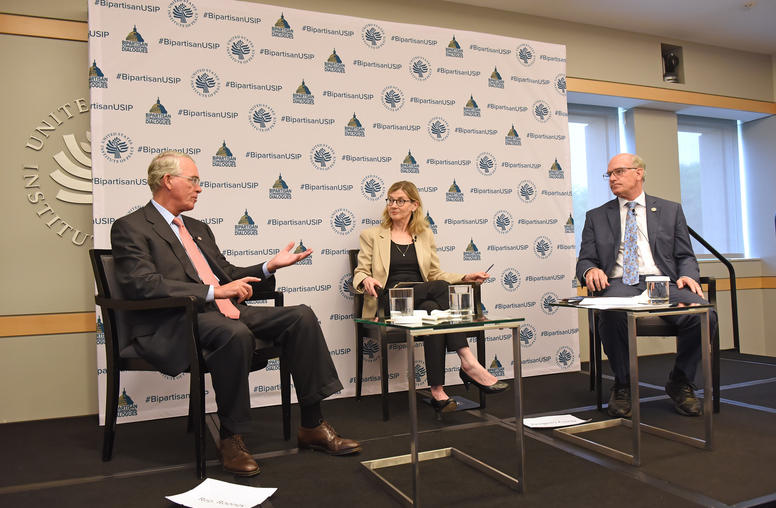
Russia’s Disruptive Ambitions Require a Bipartisan Response
For over a decade, Russia’s Vladimir Putin has campaigned to subvert the liberal world order and undermine global norms by invading neighbors and interfering in democratic processes at home and abroad. To explain how Congress can counter Russian aggression, members of the House Foreign Affairs Subcommittee on Europe, Eurasia and Emerging Threats Rep. Francis Rooney (R-FL) and Rep. Bill Keating (D-MA) came together for a bipartisan dialogue at the U.S. Institute of Peace.
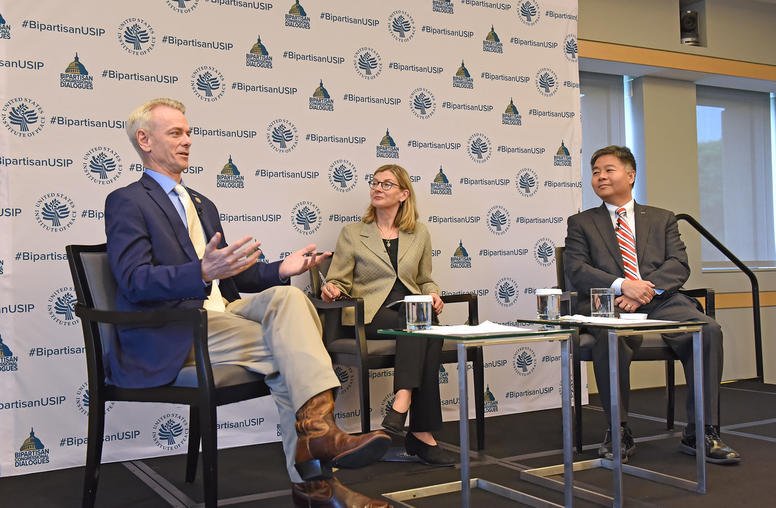
North Korea and the Fine Print of a Deal
With significant uncertainty surrounding the proposed Trump-Kim summit scheduled for June 12 in Singapore, South Korean President Moon Jae-in is in Washington this week to ensure the historic meeting happens. Whether its sanctions relief or appropriating peacebuilding funds, the U.S. Congress will play a pivotal role in any settlement with North Korea. Amid questions about Pyongyang’s intent and past negotiating behavior, Steve Russell (R-OK) and Congressmen Ted Lieu (D-CA), both military veterans, offered their support for the Trump administration’s participation in the summit during a bipartisan dialogue at the U.S. Institute of Peace.